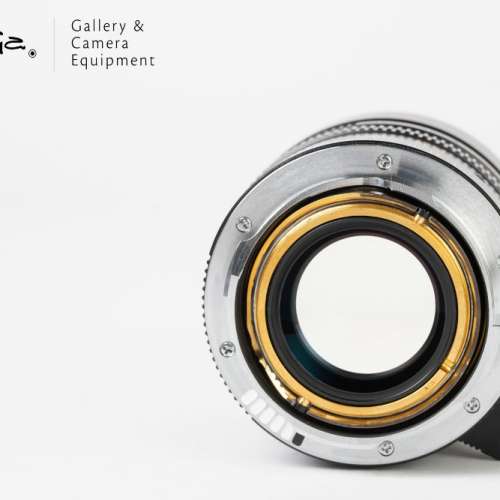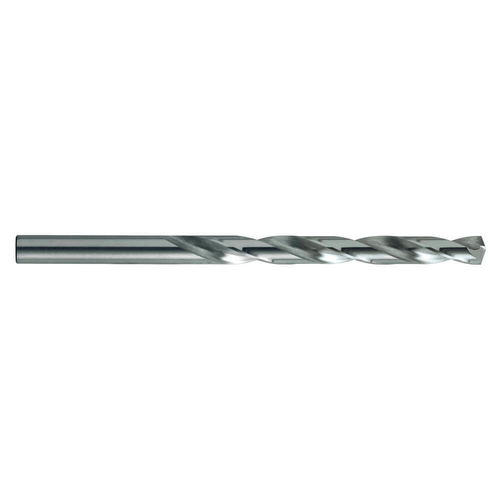
Understanding the Conversion: 5mm Drill Bit to Inches
When it comes to working with drill bits, understanding the conversion from millimeters to inches is crucial. Whether you’re a DIY enthusiast or a professional tradesperson, knowing how to convert 5mm drill bit to inches can make a significant difference in your work. In this article, we will delve into the details of this conversion, exploring its importance, the conversion process, and the practical applications it has in various fields.
Why is the Conversion Important?

Before we dive into the conversion process, it’s essential to understand why it’s important. The primary reason for converting millimeters to inches is to ensure compatibility with international standards and to facilitate communication between different regions. Here are a few key reasons why this conversion is crucial:
-
International Standards: Many countries, including the United States, use the inch system, while others, like most European countries, use the metric system. Converting drill bit sizes ensures that you can work with tools and materials from different parts of the world.
-
Communication: When sharing information about drill bit sizes, using a common unit of measurement, such as inches, can help avoid confusion and miscommunication.
-
Tool Compatibility: Some drill bits are designed specifically for the inch system, while others are for the metric system. Knowing the conversion allows you to choose the right drill bit for your project.
How to Convert 5mm Drill Bit to Inches

Converting 5mm drill bit to inches is a straightforward process. To do this, you can use the following formula:
1 inch = 25.4 millimeters
Using this formula, you can convert 5mm to inches as follows:
5mm / 25.4 = 0.19685 inches
Therefore, a 5mm drill bit is approximately 0.19685 inches in diameter. It’s important to note that this is an approximate value, and the actual diameter may vary slightly depending on the manufacturer and the specific drill bit.
Table: Conversion of Common Drill Bit Sizes

| Millimeters | Inches |
|---|---|
| 1 | 0.0394 |
| 2 | 0.0787 |
| 3 | 0.1181 |
| 4 | 0.1575 |
| 5 | 0.1969 |
| 6 | 0.2362 |
| 7 | 0.2756 |
| 8 | 0.3149 |
| 9 | 0.3543 |
| 10 | 0.3937 |
Practical Applications of the Conversion
Understanding the conversion from 5mm drill bit to inches has practical applications in various fields, including:
-
Woodworking: When working with wood, knowing the correct drill bit size is crucial for achieving precise holes. Converting millimeters to inches ensures that you can select the appropriate drill bit for your project.
-
Metallurgy: In metalworking, drill bit sizes are often specified in inches. Knowing the conversion allows you to choose the right drill bit for your metalworking projects.
-
Automotive: When working on automotive projects, drill bit sizes are often specified in inches. Understanding the conversion ensures that you can select the correct drill bit for your vehicle’s repair or modification.
-
Construction: In construction, drill bit sizes are crucial for creating







